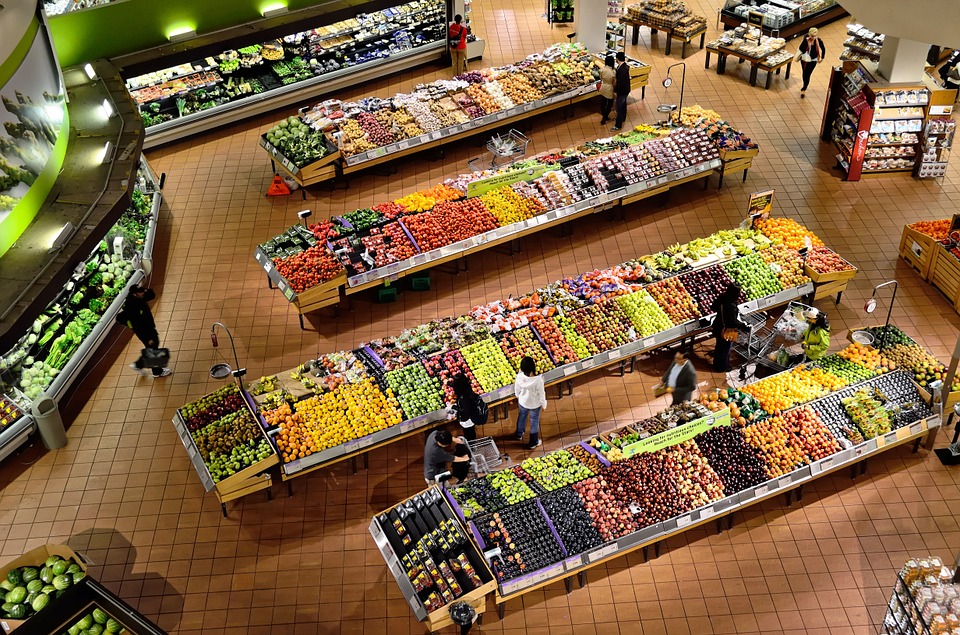Food prices have taken a sudden hike in the Netherlands. According to RTL Nieuws, food prices are 3.8% higher than they were 12 months ago – the largest annual increase in ten years. However, Minister Schouten says that our food is still too cheap and we should be investing in environmental and sustainable food.
According to RTL Nieuws, meat and fish has seen one of the biggest increases (5% higher than in May last year). Bread is another item that has seen one of the highest gains. Bread and meat items are something that most of us buy regularly, so we’re certainly feeling the pinch in our wallets, but have we just had it so good for so long? Some seem to think so.
VAT increase largely to blame The low VAT rate (which affects food prices) went up at the start of the year from 6% to 9%. I’ve certainly noticed the price difference on items in the supermarket and elsewhere and this is all contributing to our higher food bills.
According to RTL Nieuws, fruit and veg are 20% more expensive than it was 10 years ago, with a 14.5% increase in general.
Food has increased due to tax, but what if the increase was due to sustainability. Minister Schouten wants to invest millions of euros in making our agriculture ‘circular.’ This will help the environment. According to Schouten, despite the food price hike, they say that food has become too cheap. More enforced rules on animal welfare will mean that farmers will have to pay more, so the consumer will also pay more – ultimately, the expected outcome will be better for the environment and for animals.
According to NOS, Schouten wants to make it easier for farmers and supermarkets to negotiate.
Minister Schouten has designed five experimental areas for these farmers, reports NOS. Here the usual rules will change. For example, more animal manure may be spread across the farms, meaning that the manure is used and not as much fertiliser will be used. Schouten wants to invest more money to create better alternatives to fertiliser, so it won’t ever have to be used.
According to NOS, Schouten is also planning on asking the EU for a ‘relaxation of animal feed rules’, this will mean that alternatives such as seaweed and insects be used, which is much more sustainable.
I’m sure many of us will be happy to help fund these projects – but it’s whether our money will be used for just that. People pay more for organic products, which are meant to be more sustainable, however, a couple of months ago news broke that regulations were lax and lots of organic food, wasn’t even organic. So it’s really about public trust in investing in the right things and not about just about pocketing more money.
What are your thoughts? Let us know in the comments!
More money = more sustainable?
Circular agriculture



